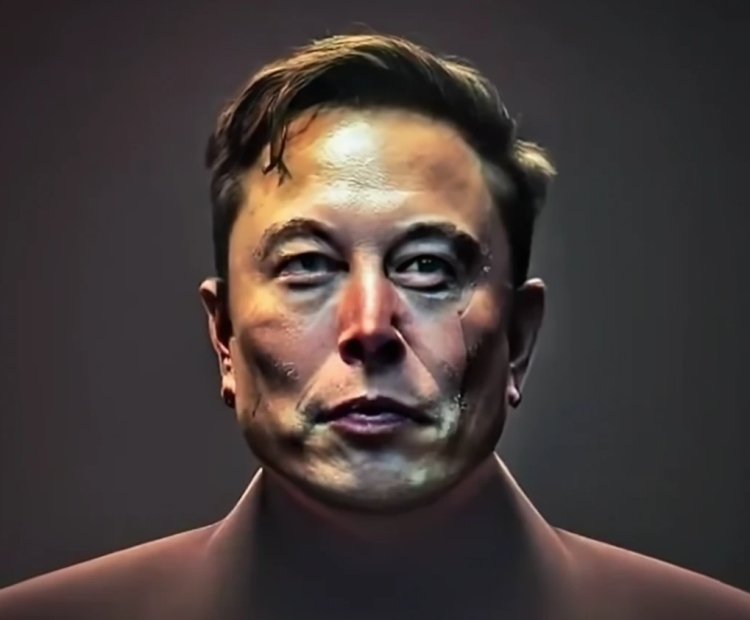
Will Twitter Survive Musk
Elon Musk, the billionaire business magnate known for spearheading companies like SpaceX and Tesla, recently added Twitter to his eclectic mix of enterprises. While some hail this as a step toward innovation and progress, we need to examine the potential pitfalls that come with this move and critically question the inconsistencies in Musk’s approach.
As a preface, Musk’s achievements cannot be discounted. He has significantly contributed to pushing boundaries in the tech industry. However, his takeover of Twitter underscores a glaring contradiction. Musk has been a vocal critic of the considerable power tech giants wield, often accusing them of censorship and calling for enhanced regulation. Yet, by acquiring Twitter, Musk has arguably positioned himself to become one of those very tech giants he critiques.
Twitter is more than just a social media platform. It’s a powerful communication tool that influences public discourse and opinion. Its role in politics, activism, and news is significant, making its control a subject of paramount importance. By Musk stepping into this space, he has equipped himself with a profound influence over this public discourse, an influence that he’s criticized in the past when held by others.
Musk’s past conduct raises questions about how he will manage this platform. His tendency to publish misleading statements, such as those about taking Tesla private or COVID-19 predictions, portrays a worrying picture. His propensity to err on the side of controversy could escalate the existing problem of misinformation on the platform. It seems contradictory that a person who has often found himself at odds with Twitter’s guidelines now controls them.
There are also concerns about Musk’s views on free speech. While the principle itself is universally lauded, Musk’s interpretation leans toward absolutism, often underestimating the negative impacts of unregulated speech, like the spread of misinformation or hate speech. The potential shift in Twitter’s moderation policies under Musk’s leadership could create a haven for harmful narratives, contradicting his stated goal of creating a platform that upholds truth and integrity.
Furthermore, Musk’s handling of workplace issues at his companies, from alleged unsafe conditions at Tesla factories to disregarding the need for a work-life balance, raises questions about the potential working conditions for Twitter employees. As the owner, his business philosophy and past actions will invariably influence Twitter’s internal operations.
Musk’s takeover of Twitter epitomizes the central problem of our digital era: the concentration of power in the hands of a select few. It is not merely about owning another company; it’s about controlling an important part of global digital communication. As Musk now finds himself a member of the tech oligarchy he previously critiqued, we must stay vigilant about holding him accountable to ensure Twitter’s potential as a tool for democratic discourse isn’t compromised.
While there’s potential for Musk’s creativity to introduce positive changes, it is crucial not to overlook the inherent hypocrisy and lack of self-awareness that seem to accompany this acquisition. Musk, once a critic of the power dynamics in tech, has now positioned himself in the heart of the issue. His actions moving forward will be the ultimate testament to whether his claims of promoting open and transparent dialogue hold any substance, or if they were merely part of a larger narrative of contradictions.